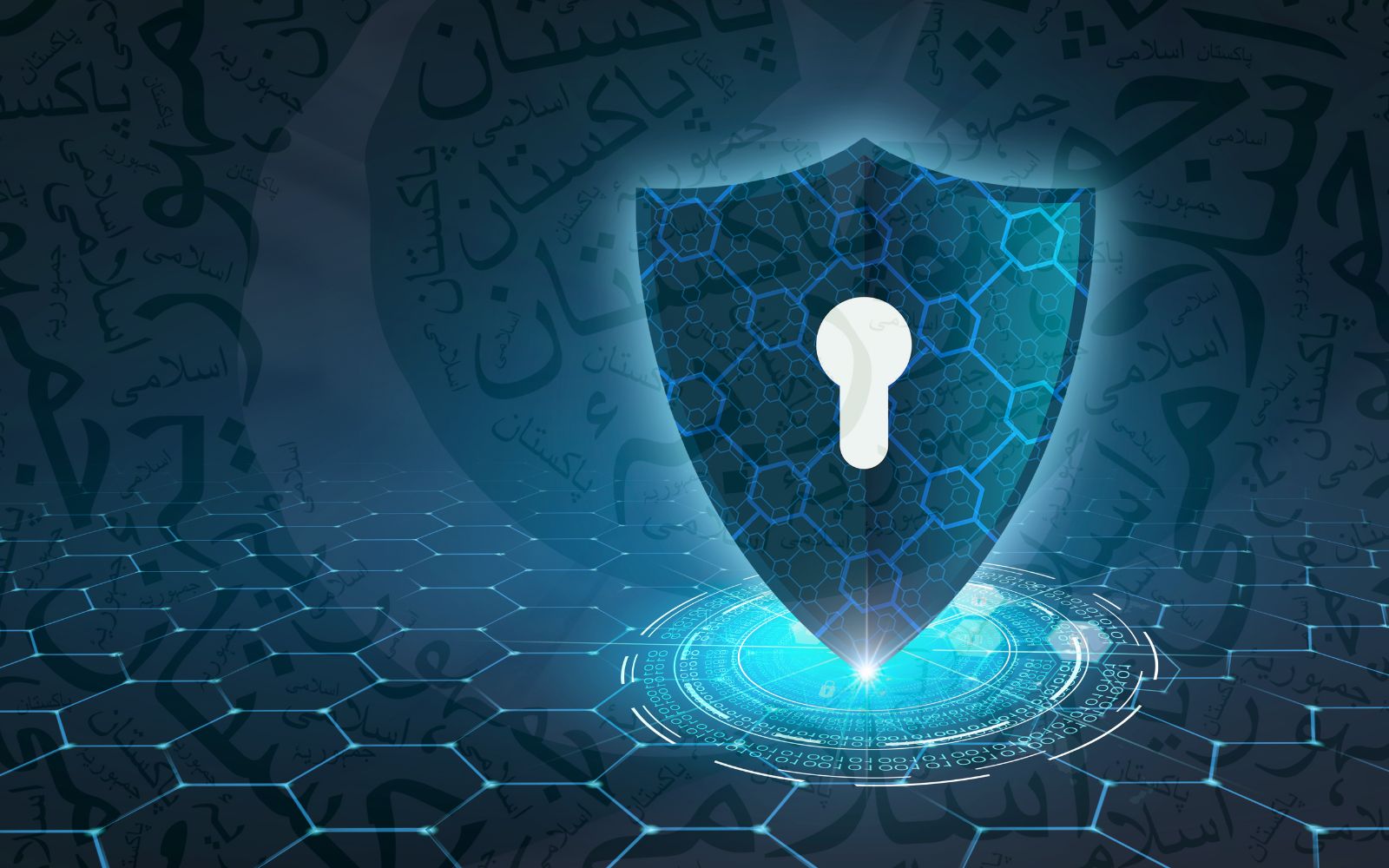As Pakistan’s economy becomes more digital, the need for cybersecurity professionals is growing rapidly. With businesses shifting online, government data going digital, and the rise of fintech, data privacy and digital protection are no longer optional — they’re essential.
Why Cybersecurity Is Gaining Urgency
In recent years, Pakistan has seen a spike in cyber threats. From data breaches at banks to ransomware attacks on government systems, the need for skilled cybersecurity talent is clear. As a result, both public and private sectors are investing in strengthening digital infrastructure, creating more opportunities for cybersecurity professionals.
The demand isn’t just local — Pakistani talent is also serving global clients, thanks to the rise of remote and freelance cybersecurity roles.
In-Demand Cybersecurity Roles
Organizations are hiring for a range of roles to protect their systems and data:
-
Security Analyst – Monitors systems for threats and manages incident responses.
-
SOC Analyst – Works in Security Operations Centers to analyze alerts in real-time.
-
Penetration Tester (Ethical Hacker) – Simulates cyberattacks to test system defenses.
-
Risk & Compliance Officer – Ensures systems follow security laws and policies.
-
Application Security Engineer – Focuses on securing software and web applications.
These roles offer a clear path for growth, from entry-level analyst to senior architect or CISO.
Certifications That Matter
Certifications help validate your skills and make you job-ready. Some of the most recognized ones in Pakistan include:
-
CompTIA Security+ – Good starting point for beginners.
-
Certified Ethical Hacker (CEH) – Focuses on penetration testing and ethical hacking.
-
Google Cybersecurity Certificate – Flexible, online, and beginner-friendly.
-
CISSP – Advanced-level certification for professionals with experience.
-
Local Bootcamps – Platforms like Qureos also offer market-aligned programs.
Career Tracks in Cybersecurity
Cybersecurity isn’t just for coders. You can choose technical or non-technical paths depending on your interests.
Technical tracks include roles like network security, malware analysis, and ethical hacking.
Non-technical tracks include roles in policy, governance, compliance, and security awareness training.
Hands-on learning platforms like TryHackMe and Hack The Box help you build real-world skills, even from home.
Getting Started in Pakistan
There’s growing support for learners through local bootcamps, online courses, and communities. Cities like Karachi, Lahore, and Islamabad now host tech meetups and security-focused events, making it easier to find mentors and opportunities.
Cybersecurity in Pakistan is no longer a niche field — it’s becoming a critical part of every modern business. Whether you’re just starting out or looking to pivot into a future-proof career, now is the right time to explore what this field has to offer.



